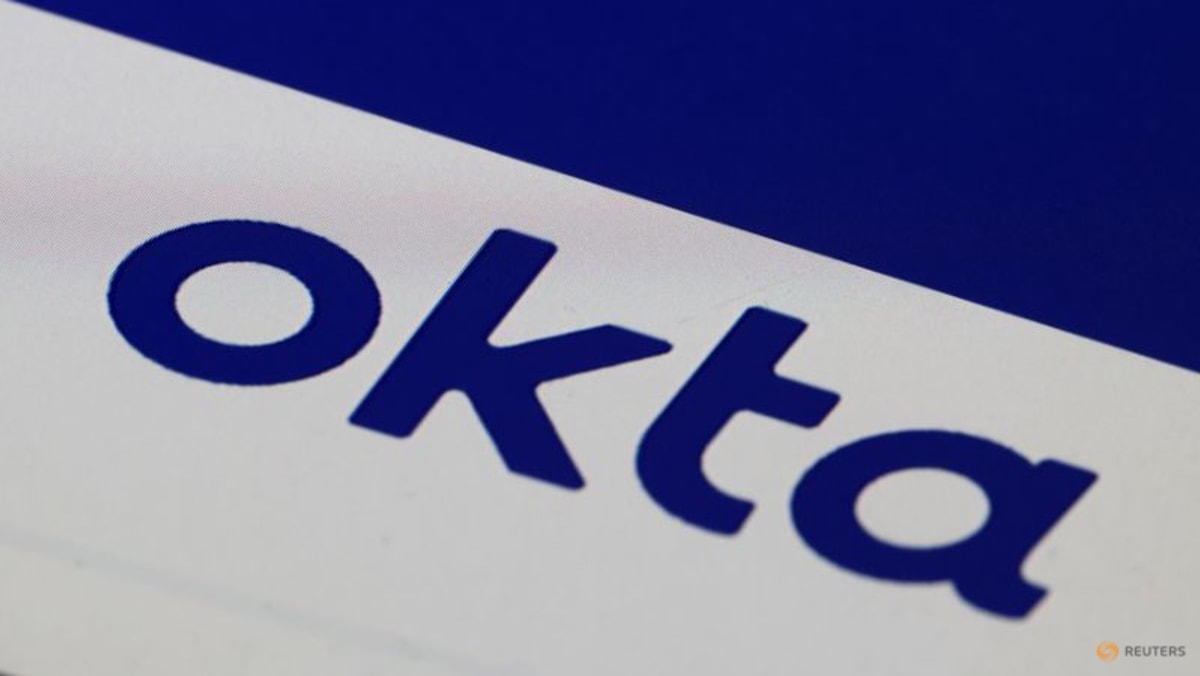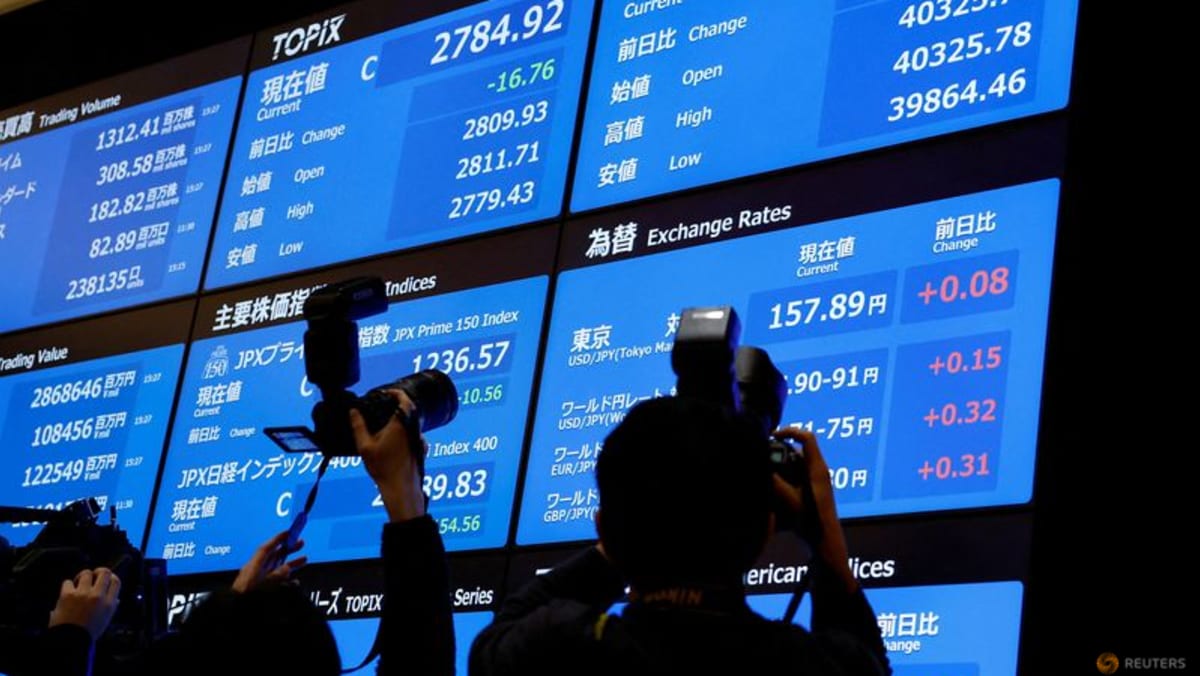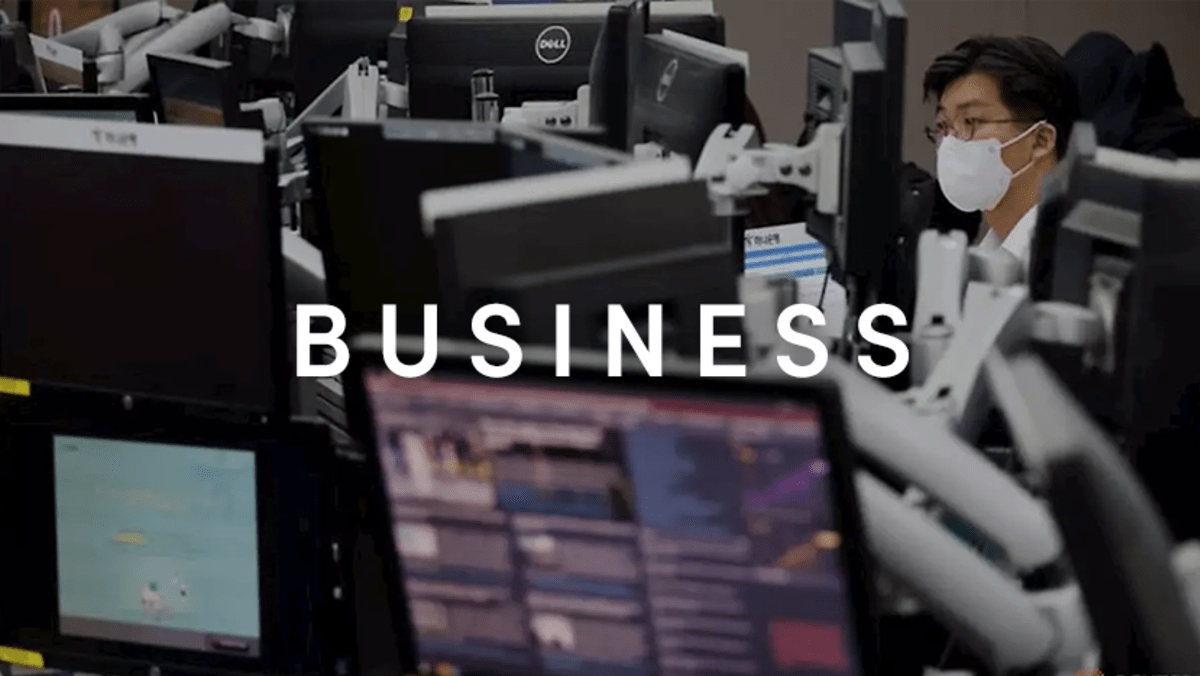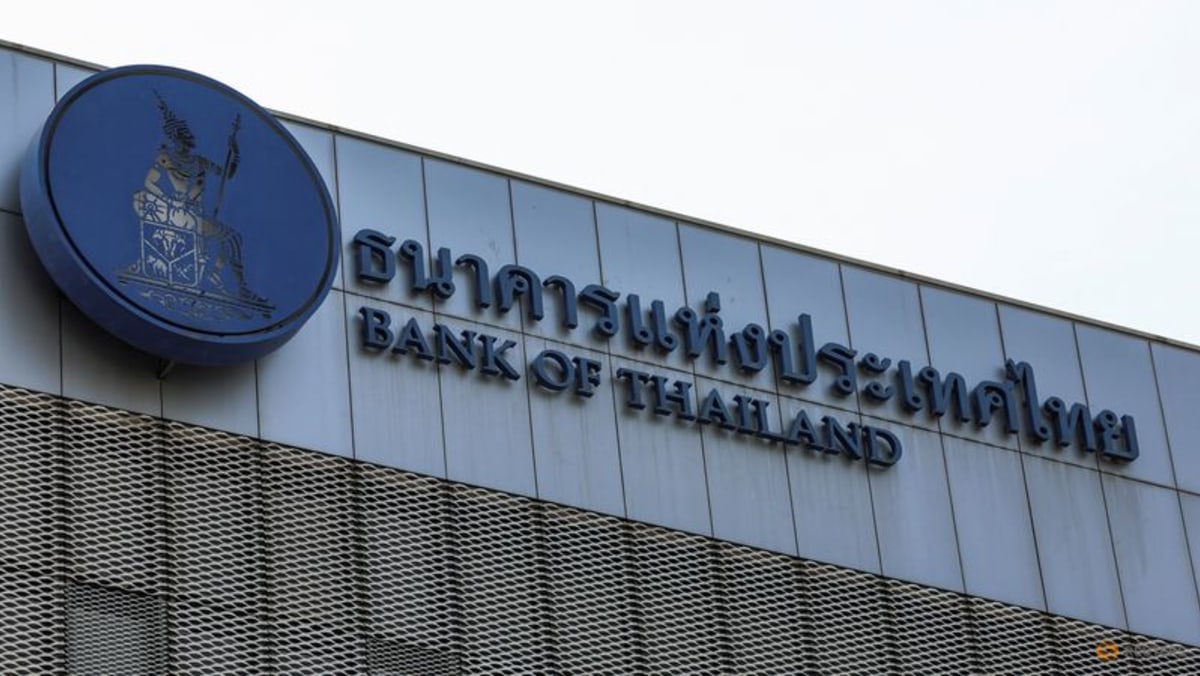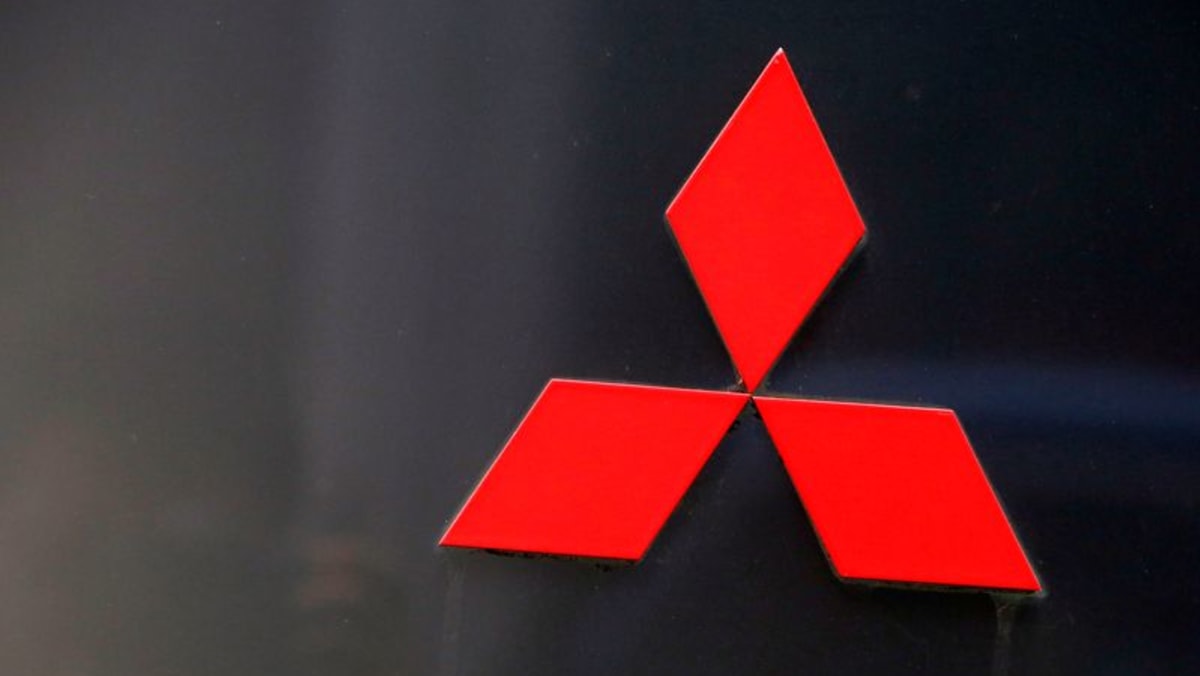TOKYO :Take-private deals in Japan are likely to hit a record high this year, exceeding the $40.3 billion total racked up in 2023, according to private equity funds and advisers, as companies bow to pressure to improve returns for investors.
Japanese companies once feared private equity as “hagetaka”, or vultures. Now they are increasingly open to buyouts and giving up their once-prized listed status in the face of calls from activist investors and the Tokyo Stock Exchange to overhaul capital management and cross-shareholdings.
Private equity players say there is unprecedented interest from their backers in opportunities in Japan, with the spate of deals this year bucking a global slowdown in such activity.
In the year to August 20, private equity deals totalled $27.6 billion, almost triple the $9.5 billion over the same period in 2024, Dealogic data shows.
Prominent deals this year include Blackstone’s $3.5 billion offer for engineering staffing firm TechnoPro, EQT’s $2.7 billion bid for elevator-maker Fujitec, and KKR’s buyouts of software developer Fuji Soft and medical gear maker Topcon for $4.1 billion and $2.3 billion respectively, the latter alongside a Japanese state-backed fund.
“We have an extremely rich pipeline of deals,” said Kazuhiro Yamada, managing director at Carlyle Japan.
“Of the more than 300 opportunities Carlyle Japan is seeing across its three core sectors, around 30 have a chance of closing in the next 12 to 18 months,” Yamada said.
The Tokyo Stock Exchange has set out stricter governance criteria, intended to make listed firms more attractive for investment, which is forcing companies to explore options including delisting.
The bourse’s reform push, a response to Japan’s unusually high number of undervalued stocks, has sparked a slew of share buybacks, asset sales and management buyouts.
“The projects we’re working on in our immediate pipeline are just the tip of the iceberg,” said Eiji Yatagawa, partner and head of Japan private equity at KKR.
PRIVATE EQUITY VS ACTIVIST INVESTORS
Growing activist activity, which is seen as potentially preceding a go-private deal, is encouraging speculation on the stock price of targeted companies.
“Particularly after activists come in, speculators can push the share price up so high that nobody could make an offer,” said Akihiko Manaka, co-head of investment banking and head of M&A in Japan at Bank of America.
The share price of Fujitec more than doubled in the three years between activist Oasis first targeting the company and EQT’s bid in July.
The private equity firm’s offer was a discount to the market price.
“By the time a company reaches the point of needing to privatise, it may be already too late to begin considering potential partners,” said Kohei Fukushima, a director at EQT who worked on the Fujitec deal.
To avoid that situation, companies are increasingly talking to private equity firms before management becomes the target of investors agitating for change, industry players say.
“In some sense it has become a natural strategic option. Some management are taking proactive action and considering privatisation even before activists become shareholders,” KKR’s Yatagawa said.
Funds say that now up to around half of their discussions with companies are initiated by the companies themselves.
Going private provides an opportunity for existing management to undertake restructuring away from the eye of the public market.
“At the C-suite level, the general practice among PE funds is to at least give existing management a shot,” said Jeremy White, partner and global co-head of M&A at law firm Morrison Foerster in Tokyo.
Funds say Japan’s robust capital market supports later relistings and companies pursuing mergers and acquisitions and other funds also offer potential exit opportunities.
“We expect to see more sponsor-to-sponsor exits,” said Teruyuki Asaoka, managing director of EQT’s private equity team in Japan.
“There’s a lot of capital to deploy in the industry and as a result, private equity firms’ positioning as potential buyers is strengthening,” he said.


